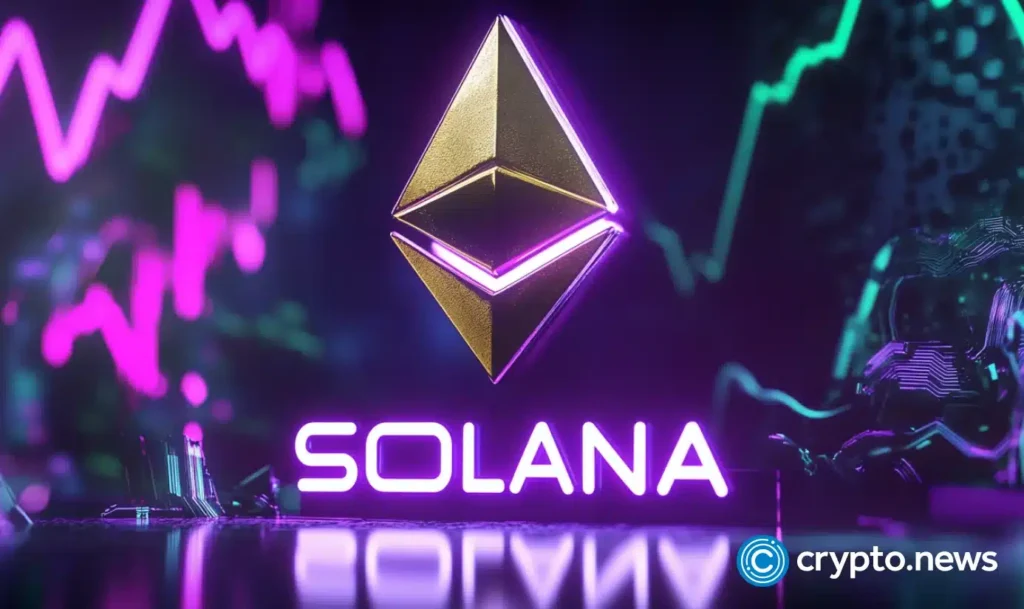Solana validators are set to vote on a new proposal that could change how SOL inflation works by adjusting token emissions dynamically.
At Epoch 743, expected to begin this weekend, Solana validators will vote on Solana Improvement Document-0228, a governance proposal that ties inflation rates to staking participation.
The proposal was put forward by Tushar Jain and Vishal Kankani of Multicoin Capital, with support from Max Resnick, lead economist at Anza, a key player in Solana’s development ecosystem.
SIMD-0228 aims to replace Solana’s fixed inflation schedule with a market-driven emissions model that adjusts the issuance of new SOL tokens based on the percentage of the total SOL supply that is staked.
Currently, Solana follows a fixed inflation structure where the annual issuance rate is 4.6%, decreasing by 15% each year until it stabilizes at 1.5%. Under the new model, inflation would be dynamically adjusted based on staking participation, ensuring the network optimally balances security incentives and token supply.
If the percentage of staked SOL falls below 33%, the proposal suggests increasing the inflation rate to encourage more staking, ensuring sufficient network security. On the other hand, if staking participation remains high, the system would lower emissions, preventing unnecessary token dilution.
This mechanism is designed to ensure that Solana doesn’t “overpay” for security when there is already strong staking participation, which could help reduce long-term inflationary pressure.
The proposal has led to mixed reactions within the community. Proponents like VanEck digital asset research head Matthew Sigel argue that this dynamic model aligns Solana’s monetary policy with its economic activity, potentially making SOL scarcer and more valuable when staking participation is high.
“Maintaining a predictable and low inflation rate can support SOL’s value by reducing dilution and sell pressure,” Siegel wrote in a March 4 X post.
Estimates suggest that if the proposal is approved, with staking currently around 65%, inflation could drop below 1% annually.
Meanwhile, one critic argues that the proposal might be focusing on the wrong metric. In a March 7 X post, MetaDAO co-founder Nallok argued that instead of adjusting inflation based on staking participation, Solana should be looking at dynamic base fees.
While he acknowledges that reducing inflation “makes complete sense” if Solana is gearing up for an ETF, MetaDAO co-founder Nallok isn’t convinced that SIMD-0228 is the right approach. He suggested that the proposal’s impact should be cut in half, arguing that the community could “always circle back” if further adjustments were needed.
Nallok also warned against relying too much on recent block performance and validator data, calling it “unwise” to make long-term decisions based on short-term trends.
Nallok also pointed out that the validator set may shrink over time, either through market forces or deliberate adjustments, and urged the community to consider a broader, more sustainable path rather than locking in a “new status quo” too soon.

